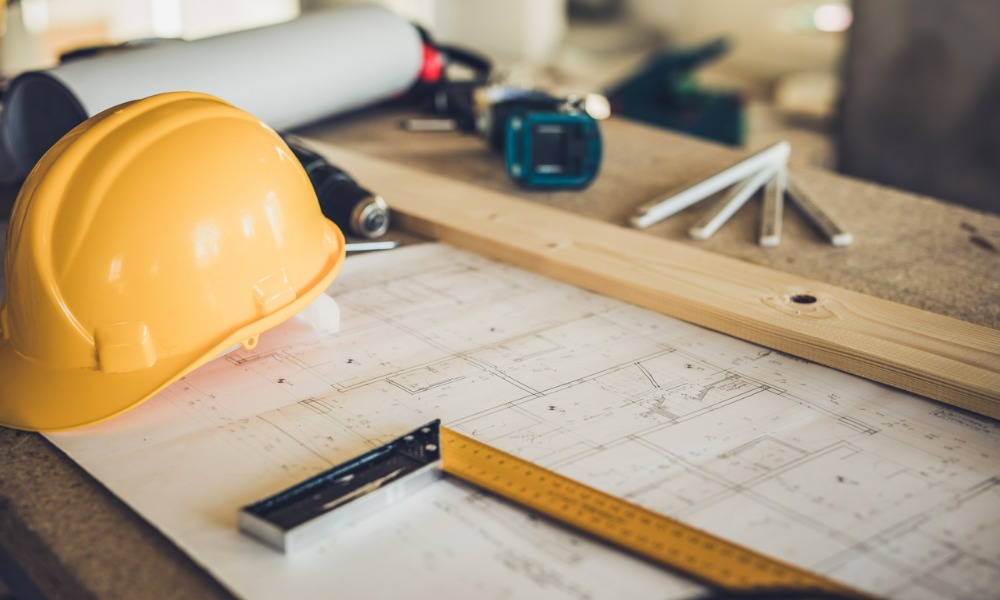Construction costs will remain elevated despite inflation peaking, executive says

Inflation has peaked, but construction prices are set to remain high for some time after seeing demand skyrocket during the pandemic, according to Peter Wilson, chief executive of ASX-listed plumbing giant Reece.
Wilson said that while sales volumes had softened, prices remained elevated as the Morrison government’s $25,000 home builder grants continued to work through the system, The Australian reported.
Government grants
The former government launched the program when it feared that COVID-19 would crash the economy. The grants spurred a spike in demand as more people renovated their homes while in lockdown, driving supply shortages and pushing the cost of building materials skyward.
“Certainly the home builder grant did create a stimulus and I think that’s still working its way through,” Wilson told The Australian. “The industry is really at our capacity still. There’s still a high level of activity. It’s still hard to get a trade. We’re at full employment. The real challenge now is the home builder grant as it winds off, and then you’ve got all the interest rate rises, which hadn’t really impacted yet. So that’s about to fly through.”
Reece’s net profit rose 18% to $186 million in the six months to Dec. 31, while revenue rose 23% to $4.4 billion, The Australian reported. Product inflation drove most of the gains, with Wilson saying sales volumes had “progressively softened.”
Read next: Building sector prepares for worst year in a decade
Volume fell 3% in Australia and New Zealand in the second quarter, while the US fell 6%. Volumes are expected to continue to fall for the rest of the year.
“That’s an indication of what is actually happening in the market. It’s still at higher levels, but obviously from the last quarter you can see that things are beginning to soften,” Wilson said. “Whenever you start or commence [construction] there is definitely a lag. And the lag to completion now is deeper because of all the shortages of product and labour. We’re not seeing a dramatic unwind. So we see this as being pretty persistent for our sector for a little while.”
Rising costs
Reece’s wage bill is up 20%, with most of the pay increases driven by the US, The Australian reported.
“It’s definitely more moderate here [in Australia] at this point,” Wilson said. “But I think going forward, people’s expectations have definitely moved up. It’s more expensive when you’re looking to hire. Hence, why the Reserve Bank is probably a little worried about making sure those expectations aren’t getting entrenched.”
Have something to say about this story? Let us know in the comments below.



